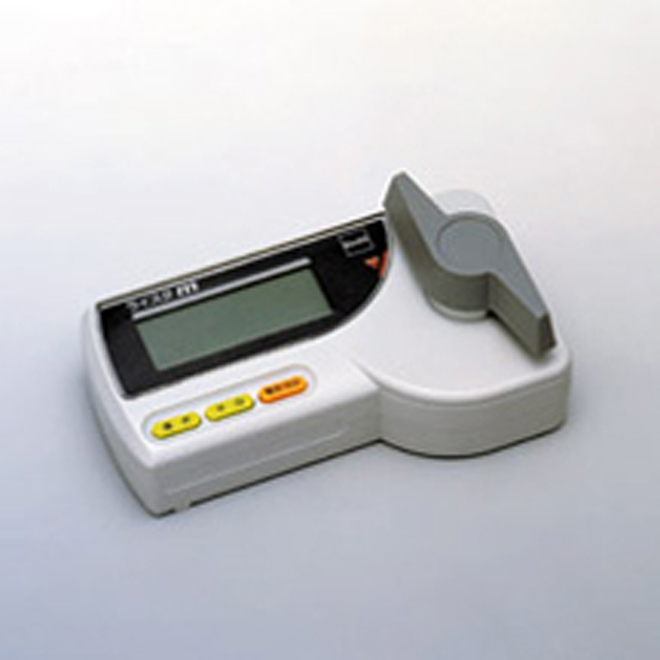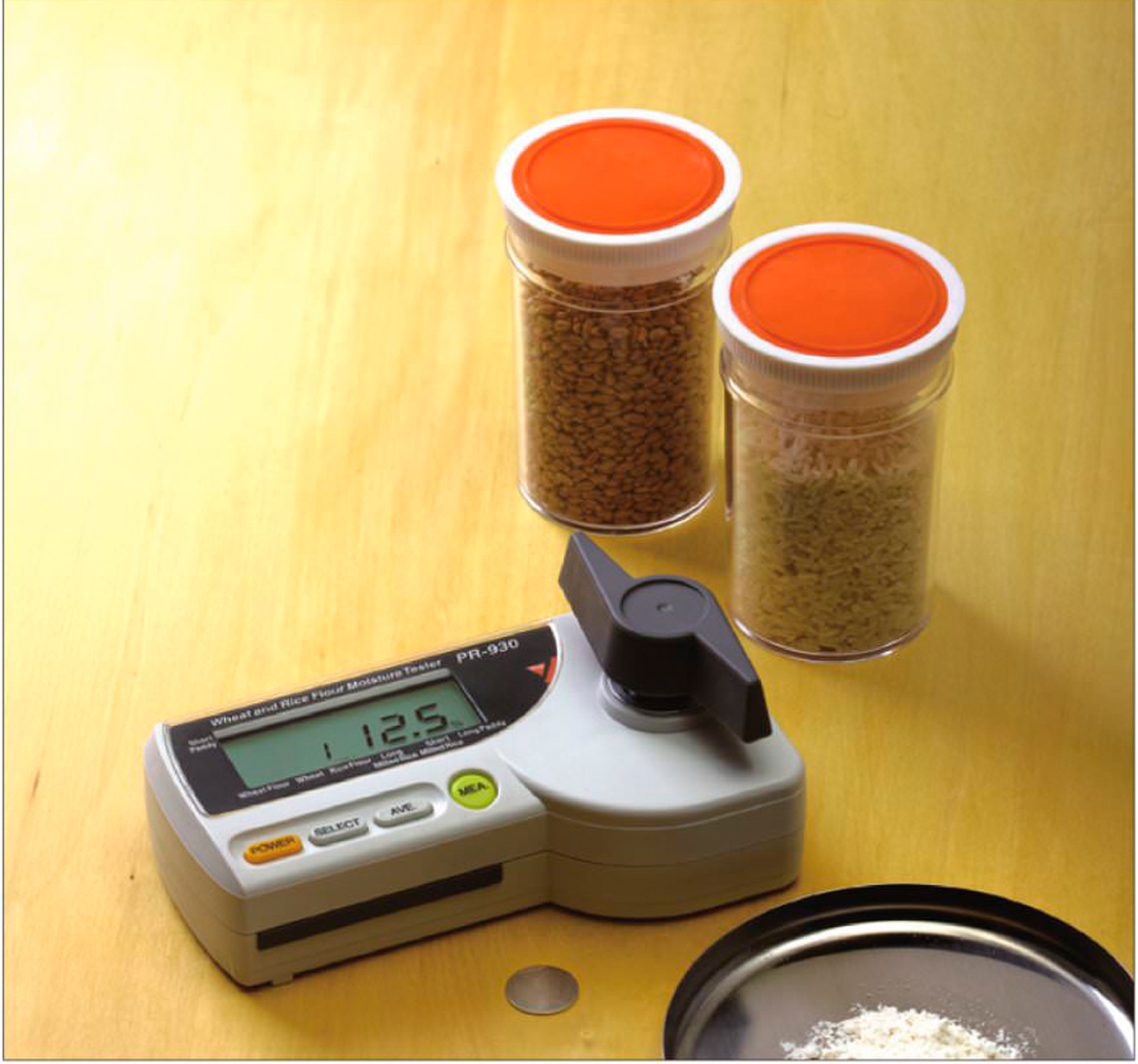Moisture Meter Reviews: Comparing the Best Designs for Professional and Do It Yourself Usage
Moisture Meter Reviews: Comparing the Best Designs for Professional and Do It Yourself Usage
Blog Article
The Ultimate Guide to Moisture Meters: A Comprehensive Introduction and Just How They Can Save You Cash
Dampness meters serve as essential tools in finding and keeping an eye on moisture material in products, aiding in protecting against pricey problems and ensuring the high quality of products. Understanding the nuances of various types of moisture meters, their applications, and the possible cost-saving benefits they supply can be a game-changer for organizations and professionals alike.
Kinds Of Moisture Meters
Various sorts of dampness meters are available for different applications in different industries. One usual type is the pin-type moisture meter, which gauges the electric resistance between 2 pins put right into a material. This kind appropriates for timber, drywall, and other building materials. Pinless wetness meters, on the other hand, usage electro-magnetic sensor plates to check a larger location without triggering damages to the material's surface area. Moisture Meter. These meters are suitable for promptly assessing moisture levels in huge locations such as floors and walls.

Furthermore, there are also specialized wetness meters created for certain products like hay, dirt, or grain. These meters provide precise moisture readings customized to the distinct buildings of the product being evaluated. Infrared dampness meters determine the thermal homes of a product to establish its moisture web content non-invasively, making them valuable for applications where pin or pinless meters might not appropriate. Understanding the various kinds of moisture meters readily available can assist industries choose the most appropriate tool for their details dampness dimension needs.

Benefits of Utilizing Moisture Meters
Wetness meters supply invaluable benefits in precisely examining and keeping track of moisture degrees in varied products and settings (Moisture Meter). One of the key advantages of making use of dampness meters is the avoidance of prospective damages triggered by excess wetness. By spotting and dealing with high dampness levels at an early stage, wetness meters assist to avoid mold development, rot, and architectural damages in structures, saving both money and time on repair work. Furthermore, dampness meters aid in making certain the quality of materials during building and construction or production procedures. By accurately gauging moisture material, these tools help preserve the honesty of timber, drywall, concrete, and various other products, lowering the threat of failures or problems.
Additionally, using wetness meters can lead to boosted energy efficiency. In farming setups, wetness meters play a vital function in enhancing plant returns by making it possible for farmers to check dirt dampness degrees and make informed irrigation choices.
How to Select the Right Moisture Meter
Choosing the ideal dampness meter includes considering vital factors such as product compatibility, measurement range, and calibration accuracy. When picking a dampness meter, it's important to make certain that the meter is ideal for the details product you will be screening. Various products have differing electric residential properties that can influence dampness analyses, so choosing a meter made for your product is see this critical for precise results. Additionally, consider the measurement series of the wetness meter. Guarantee that the meter can detect moisture degrees within the range required for your applications. Calibration precision is another critical variable to keep in mind. Select a wetness meter with trustworthy calibration to guarantee specific and constant analyses. Some meters may call for regular calibration modifications, so understanding the calibration procedure is essential. By meticulously reviewing these variables, you can select a wetness meter that fulfills your requirements and provides exact dampness dimensions for your jobs.
Proper Methods for Wetness Meter Use

Expense Savings Via Dampness Meter Applications
How can the site link tactical utilization of moisture meters result in substantial cost savings across different markets? Wetness meters play a crucial function in price financial savings by protecting against possible damages and making sure quality assurance in various markets. In the farming industry, wetness meters aid in identifying the optimal time for harvesting crops, stopping excess or over-drying dampness that can influence the end product's high quality. This specific tracking helps helpful site farmers avoid unnecessary losses and maximize their return.
In a similar way, in building and construction, moisture meters aid stop expensive problems by detecting dampness levels in building products, such as timber or concrete, which can lead to structural problems if not attended to promptly. By determining issue areas early on, contractors can take rehabilitative actions to prevent extensive fixings or substitutes, inevitably saving time and cash.
In addition, in the food handling industry, dampness meters are vital for keeping an eye on product top quality and ensuring compliance with safety regulations. By properly gauging wetness material in food products, manufacturers can avoid putridity, maintain freshness, and lower waste, causing significant price financial savings. Overall, the strategic application of wetness meters is a valuable financial investment that can bring about substantial cost reductions and improved performance throughout various sectors.
Conclusion
In conclusion, dampness meters are useful devices for detecting and measuring wetness levels in numerous materials. By using the right wetness meter and adhering to correct strategies, customers can efficiently avoid expensive damages triggered by excess moisture.
Dampness meters offer as crucial tools in discovering and keeping an eye on moisture web content in products, helping in avoiding pricey problems and making sure the high quality of items. Infrared moisture meters gauge the thermal homes of a product to determine its dampness web content non-invasively, making them helpful for applications where pin or pinless meters may not be suitable.Dampness meters use indispensable advantages in precisely analyzing and checking moisture degrees in varied products and settings. In agricultural settings, wetness meters play a vital duty in optimizing crop yields by allowing farmers to keep an eye on dirt moisture levels and make informed watering choices.In final thought, dampness meters are useful devices for discovering and gauging wetness degrees in numerous products.
Report this page